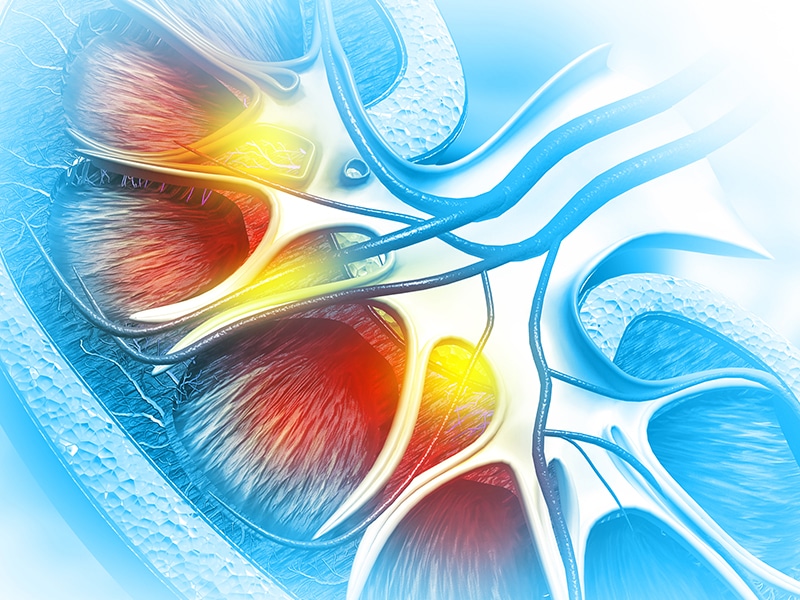We know COVID-19 primarily as a respiratory illness. But doctors warn the disease can harm other organs beyond the lungs and cause long-term kidney damage.
Among the vital organs that have been hard hit are the kidneys, which handle the all-important job of filtering waste from our blood.
“When they’re damaged, toxins can build to dangerous levels and affect the heart, the brain, and the lungs,” says Roberto Collazo-Maldonado, MD, nephrologist on the medical staff at Medical Dallas Medical Center.
Essentially, kidney failure can lead to multiple organs shutting down.
“The threat of COVID-19 is especially alarming given how prevalent kidney disease is already. In Texas alone, about 50,000 patients need dialysis machines to mechanically filter their blood,” Dr. Collazo-Maldonado says. “This disease has the potential to send more people to dialysis clinics. As a result, some recovered COVID-19 patients with kidney injuries might need dialysis for a few months or even for the rest of their lives.”
LINK BETWEEN KIDNEYS AND COVID-19
The National Kidney Foundation found about 15% of all hospitalized COVID-19 patients suffer from kidney damage. Hospitals in Louisiana and New York reported even higher rates: 28% and 36%, respectively.
Experts in the medical community have even suggested that chronic kidney disease will be the next epidemic in the U.S. for recovered COVID-19 patients.
“Patients with underlying chronic kidney disease have a higher incidence of COVID-19, which can cause acute kidney injury and worsening kidney disease,” Dr. Collazo-Maldonado says.
ATTACKING HEALTHY TISSUE
So, how does a respiratory infection spread to the kidneys?
“The virus can travel through your bloodstream,” Dr. Collazo-Maldonado explains.
It then binds to specialized receptors found on cells found throughout the body, including the kidneys. The protein found on the coronavirus locks into these receptors, allowing it to gain entry into cells and attack the kidney directly.
COVID-19 can even turn our immune systems against us, sending our immune cells into a frenzy and causing them to attack healthy tissue in its crusade against the infection.
“We see many patients develop damage to the tubules, or blood vessels, in the kidney,” he says.
VASCULAR ISSUES
COVID-19 can also cause blood pressure to drop, stunting circulation to the kidneys, and preventing them from receiving the oxygen and nutrients they need.
“We try to raise the blood pressure by giving fluids,” Dr. Collazo-Maldonado says. “But because these patients have acute lung injury you have to be careful not to give too much or the lungs will fill with fluids.”
What’s more, COVID-19 can cause blood clots to form. If one travels to or forms in the kidneys, it may clog the system, preventing them from filtering toxins and waste.
“The kidneys are just full of blood vessels,” compounding the risk of blood clots, Dr. Collazo-Maldonado says. “That’s another reason why you might see kidney failure or kidney injury.”
DON’T HESITATE TO SEEK HELP
Dr. Collazo-Maldonado encourages everyone to take social distancing, hand hygiene, and face covering guidelines seriously. Once people experience symptoms of COVID-19 — high fever, shortness of breath, coughing — they should seek medical attention.
“During admission, we look at kidney function as part of the routine workup,” he says. “Getting to the hospital early enough will improve outcome and prevent potential complications.”

